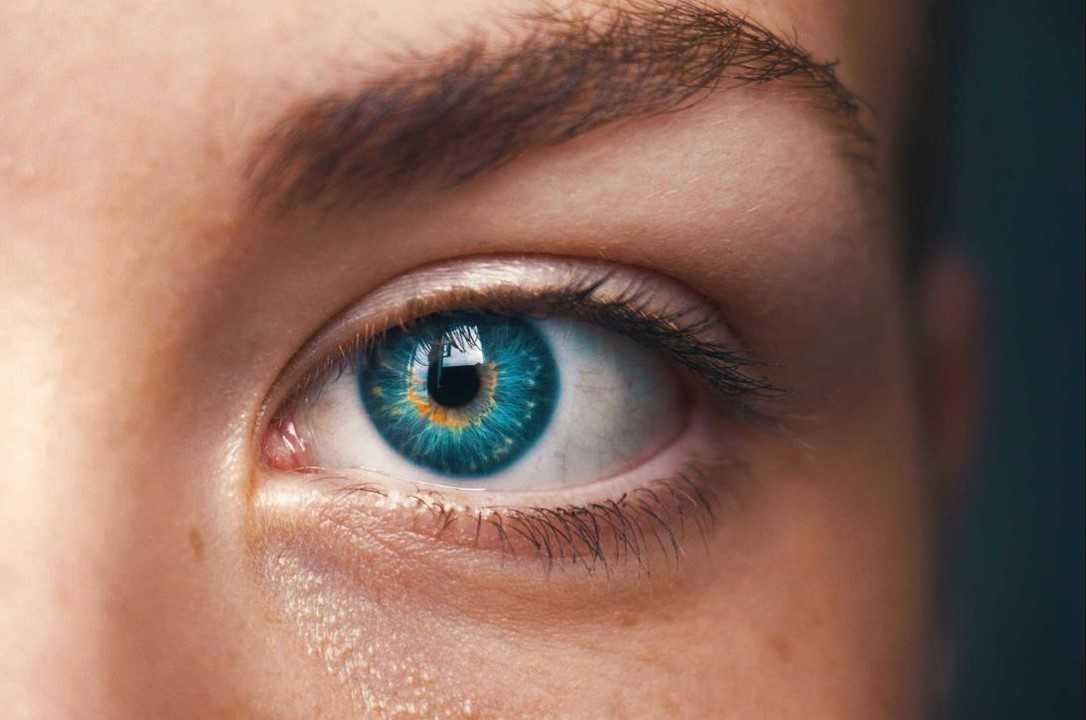How your eyes can help assess your MS
Your eyes are your window to the world. But are they also a window into your Multiple Sclerosis?
It looks like you are using an older version of Internet Explorer which is not supported. We advise that you update your browser to the latest version of Microsoft Edge, or consider using other browsers such as Chrome, Firefox or Safari.
Your eyes are your window to the world. But are they also a window into your Multiple Sclerosis?

It is often said that ‘The eyes are the window to the soul’, with the phrase attributed to many great historical figures from Cicero to William Shakespeare. What neither of these two greats realized though, is that the eyes can provide a pretty useful window into your health too, especially when it comes to Multiple Sclerosis (MS)1.
MS is a long-term condition that affects the central nervous system (CNS), specifically affecting how the brain and spinal cord work. In MS, inflammation destroys the protective sheath (called myelin) around the nerves in the CNS, and stops the nerves from working properly. As a result, this sheath becomes damaged, affecting the way the brain communicates with the rest of the body2.
One of the nerves commonly affected by MS is the optic nerve, which carries visual information from the back of the eye (the retina) to the brain. This can be the first sign of MS in about 15 to 20% of people living with MS3.
Optic neuritis: an early indicator of MS
Inflammation of the optic nerve, a condition known as optic neuritis, can be an early presenting symptom of MS, leading one to seek medical attention4. It can result in changes in sight, although symptoms vary from person to person. Some people experience blurred vision, others can temporarily lose their sight altogether. Some notice a blurring or blind spot in the center of their vision. Colors can also appear darker or washed out, flashing lights can appear, and moving the eyes can be painful.
While all this sounds scary, these symptoms can sometimes clear up by themselves in a matter of weeks. However, if your symptoms are particularly severe, you may be prescribed a course of steroids, either in tablet form or via a drip to speed up recovery. Needless to say that if this happens, it’s vital that you see an eye specialist.
An ophthalmologist will take note of your symptoms before examining your eyes. The optic nerve can be seen quite clearly with an ophthalmoscope and swelling may be visible. If optic neuritis is diagnosed, your ophthalmologist may refer you to a neurologist who will want to know when your symptoms started and whether you’ve had any previous neurological symptoms.
The neurologist may also carry out tests to determine how well the optic nerve is working, as well as an MRI scan of your brain to look for other signs of inflammation or nerve damage. Half of all people who experience optic neuritis may go on to develop MS over a time course of 15 years, so they need to be sure. Early diagnosis is recognized as important in MS so that doctors can take measures to try to reduce the potential damage caused to the brain by the condition5.
Beyond diagnosis: Can we gauge MS progression through the Eyes?
If you have already been diagnosed with MS, then changes in your eye could provide your neurologist with useful clues as to how the condition is progressing. One study by Johns Hopkins University School of Medicine used a scanning technique known as optical coherence tomography to measure changes in the retina of people with MS. The researchers found that people with MS relapses and who demonstrated disability progression showed much faster thinning of the retina than people with MS who had no relapses6. This suggests that the scanning technique may be a useful tool for neurologists when it comes to evaluating how effective a particular treatment is and for monitoring progression of the condition per se.
Whether or not you’re experiencing vision changes, it’s important to take care of your eyes and to have regular check-ups. If you do notice any symptoms, speak to your ophthalmologist or neurologist straight away. The sooner changes are detected, the sooner you can begin treatment. We may never find out who first said “The eyes are the window to the soul,” but we’re pretty confident they’d approve7.
References:
Visit the Living Like You social channels to join the discussion and get the latest updates.